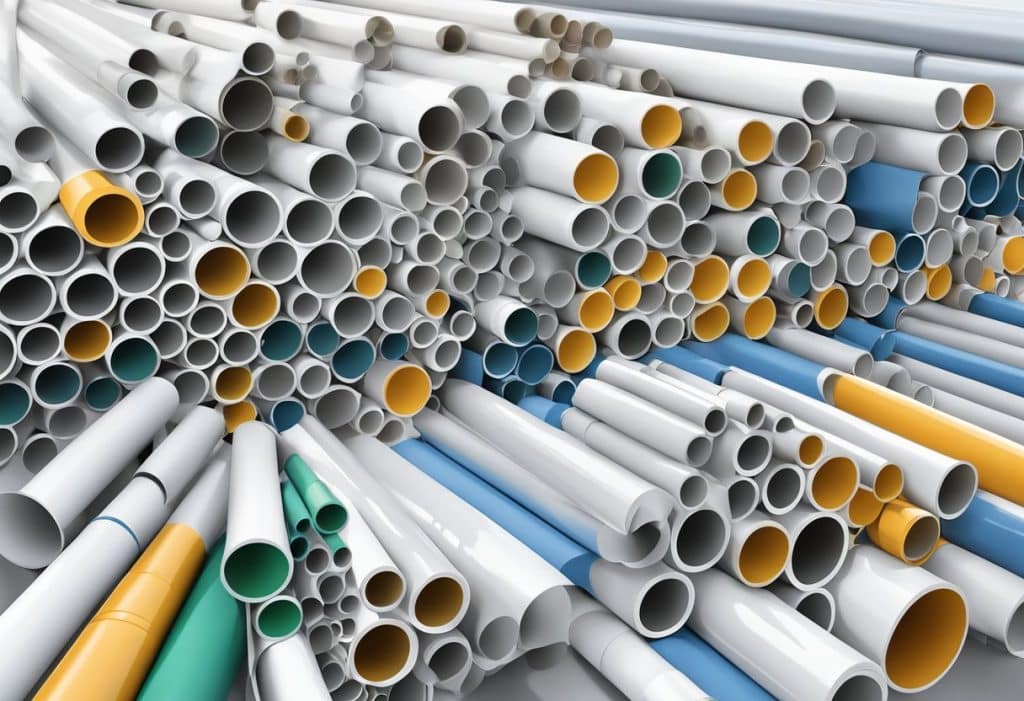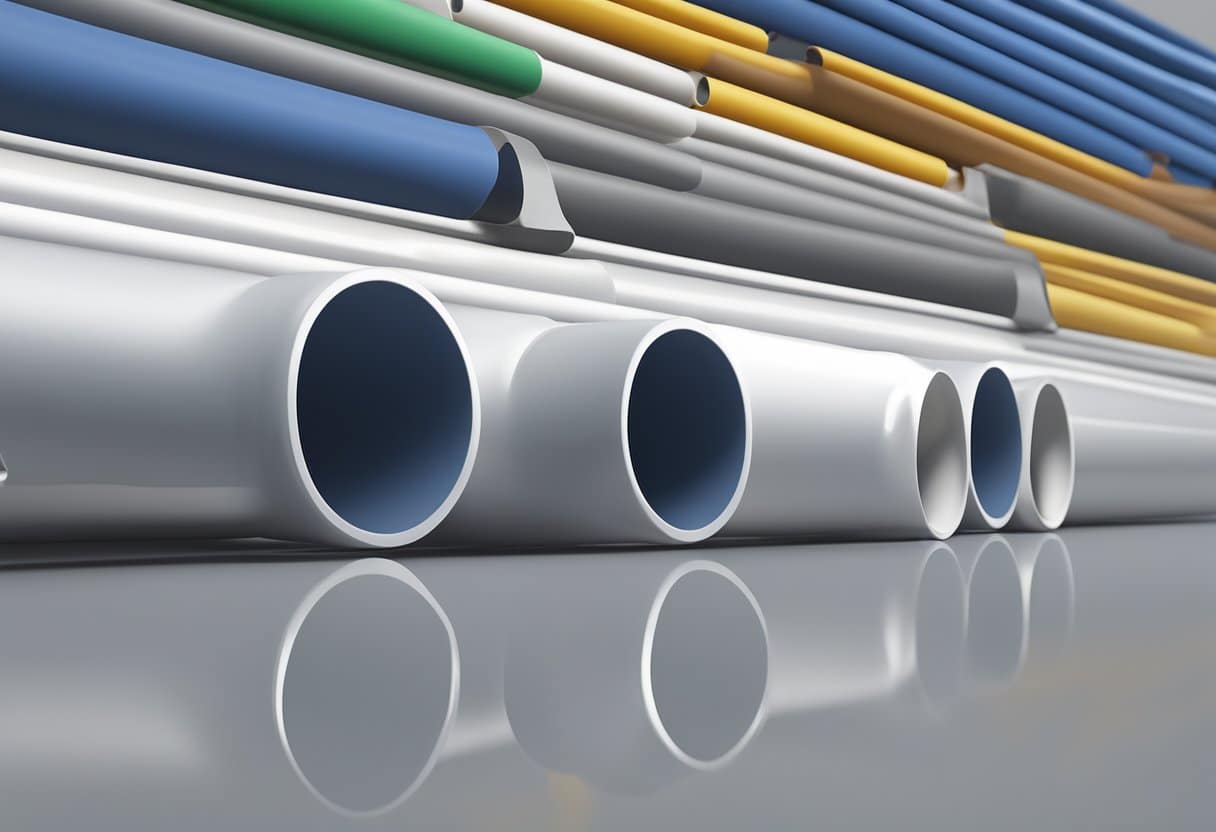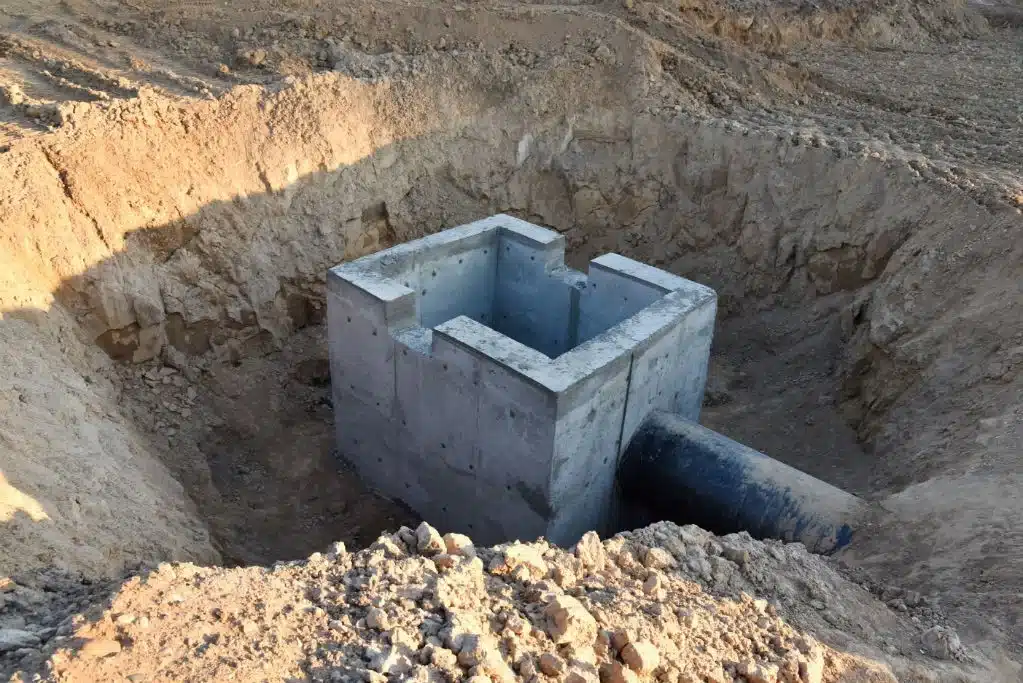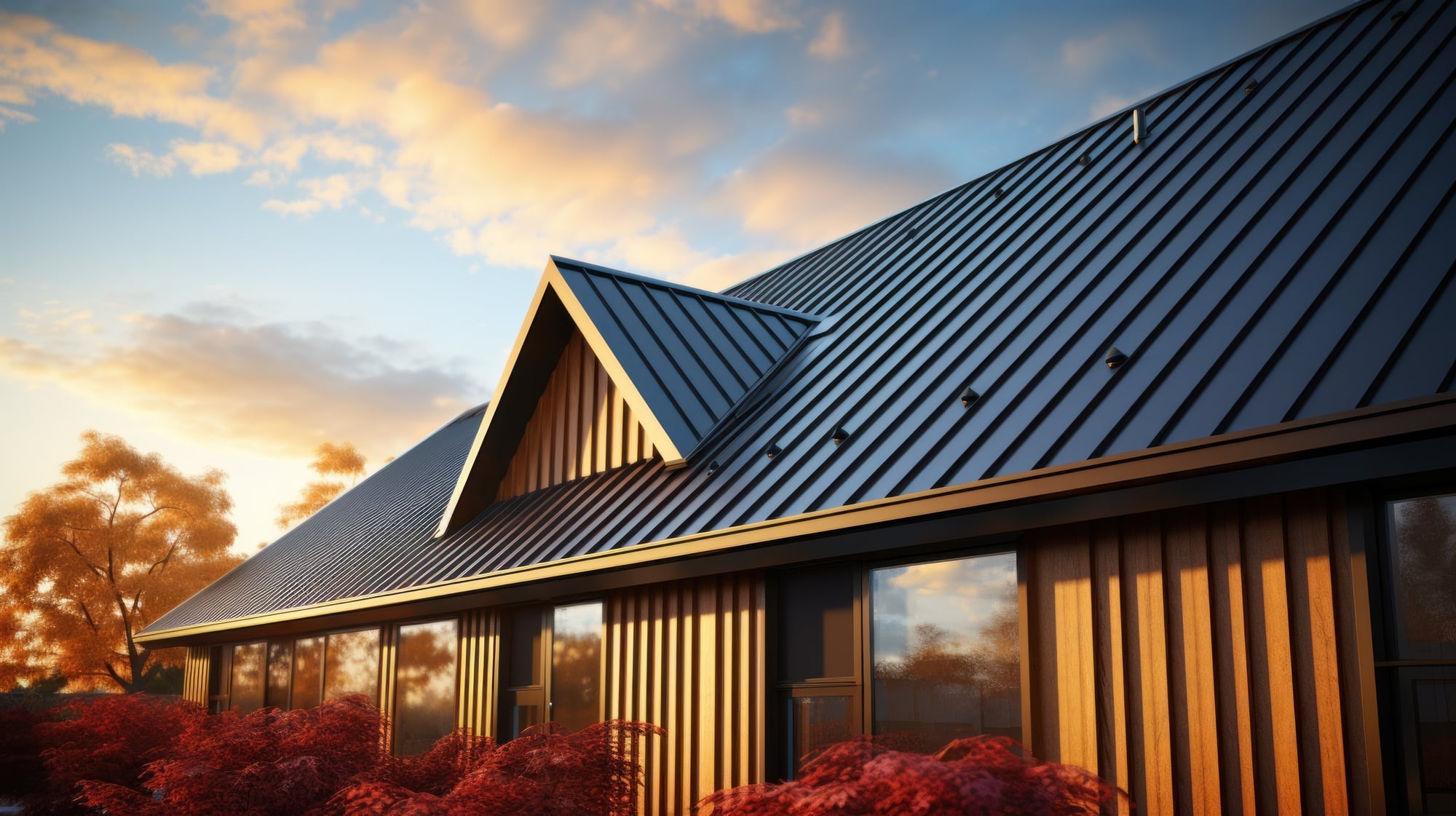PVC vs. Other Pipe Materials: A Comparative Analysis
PVC pipes are widely used for water and sewer systems, but how do they compare to other pipe materials? A comparative analysis of PVC and other pipe materials can help determine the best option for a particular project.
Primary Takeaways
- PVC pipes are a popular choice for water and sewer systems due to their lightweight, durable, and corrosion-resistant properties.
- Other pipe materials, such as ductile iron, vitrified clay, reinforced concrete, HDPE, and FRP, have their own unique properties and characteristics that make them suitable for certain applications.
- A comparative analysis of PVC and other pipe materials can help determine the best option for a particular project.
Properties of PVC Pipes

PVC pipes have several properties that make them a popular choice for water and sewer systems. They are as follows:
Chemical Resistance
PVC pipes are resistant to a wide range of chemicals, making them suitable for use in various applications. The material is resistant to acids, alkalis, and salts, making it ideal for water treatment plants, chemical processing plants, and other industrial applications.
PVC pipes are also resistant to oxidation and UV radiation, which helps prevent material degradation over time. Make sure to source your pipes from reliable PVC pipe suppliers like Pipe Xpress Inc to get the best quality.
Flexibility and Strength
PVC pipes are flexible and can withstand bending without breaking. The material is also strong and can withstand high pressure. PVC pipes have a high tensile strength, which makes them suitable for use in applications where the pipe is subjected to high stress.
These pipes are also resistant to impact, which makes them ideal for use in areas where the pipe is exposed to mechanical stress.
Thermal Characteristics
PVC pipes have good thermal insulation properties, which makes them suitable for use in hot and cold water supply systems. The material has a low thermal conductivity, which helps to reduce heat loss in hot water supply systems.
PVC pipes are also resistant to freezing, which makes them ideal for use in cold water supply systems.
In summary, PVC pipes have numerous advantages over other pipe materials. The material is lightweight, durable, corrosion-resistant, and can be easily installed. PVC pipes are also cost-effective and have a longer lifespan compared to other pipe materials. PVC pipes are resistant to a wide range of chemicals, flexible, and strong. The material also has good thermal insulation properties, which makes it suitable for use in hot and cold water supply systems.
Comparison with Other Pipe Materials
When it comes to choosing the right pipe material for a plumbing or water distribution system, there are several options available in the market. PVC is one of the most popular pipe materials, but how does it compare to other materials in terms of performance and cost-effectiveness?
PVC vs. Copper
Copper pipes are known for their durability, resistance to corrosion, and ability to handle high water pressure. However, copper pipes are also more expensive than PVC pipes.
According to a life cycle assessment, PVC pipes have a lower environmental impact and carbon footprint than copper pipes. PVC pipes also have a longer life span than copper pipes, making them a cost-effective option in the long run.
PVC vs. PEX
PEX pipes are made of cross-linked polyethylene and are known for their flexibility and resistance to freezing. They are also cheaper than copper pipes but more expensive than PVC pipes.
PVC pipes have a higher burst pressure than PEX pipes, making them a better option for high-pressure applications. PVC pipes are also more resistant to chemicals and UV rays than PEX pipes.
PVC vs. Steel
Steel pipes are solid and durable, making them popular for industrial and commercial applications. However, steel pipes are also heavy, which makes them difficult to install. PVC pipes, on the other hand, are lightweight and easy to install. PVC pipes are also more resistant to corrosion than steel pipes, which can lead to a longer life span.
PVC vs. Cast Iron
Cast iron pipes are known for their durability and ability to handle high water pressure. However, cast iron pipes are also heavy and difficult to install. PVC pipes are lightweight and easy to install, making them a better option for residential and commercial applications. PVC pipes are also more corrosion-resistant than cast iron pipes, which can lead to longer life span.
Final Words
PVC pipes offer a cost-effective and environmentally friendly option for plumbing and water distribution systems. While other materials such as copper, PEX, steel, and cast iron have unique advantages, PVC pipes are a reliable and durable option for various applications.







